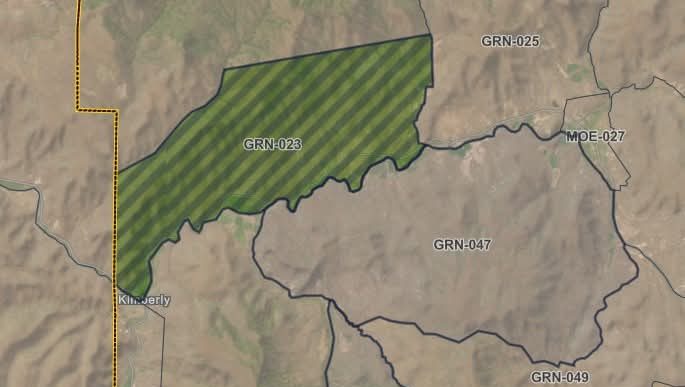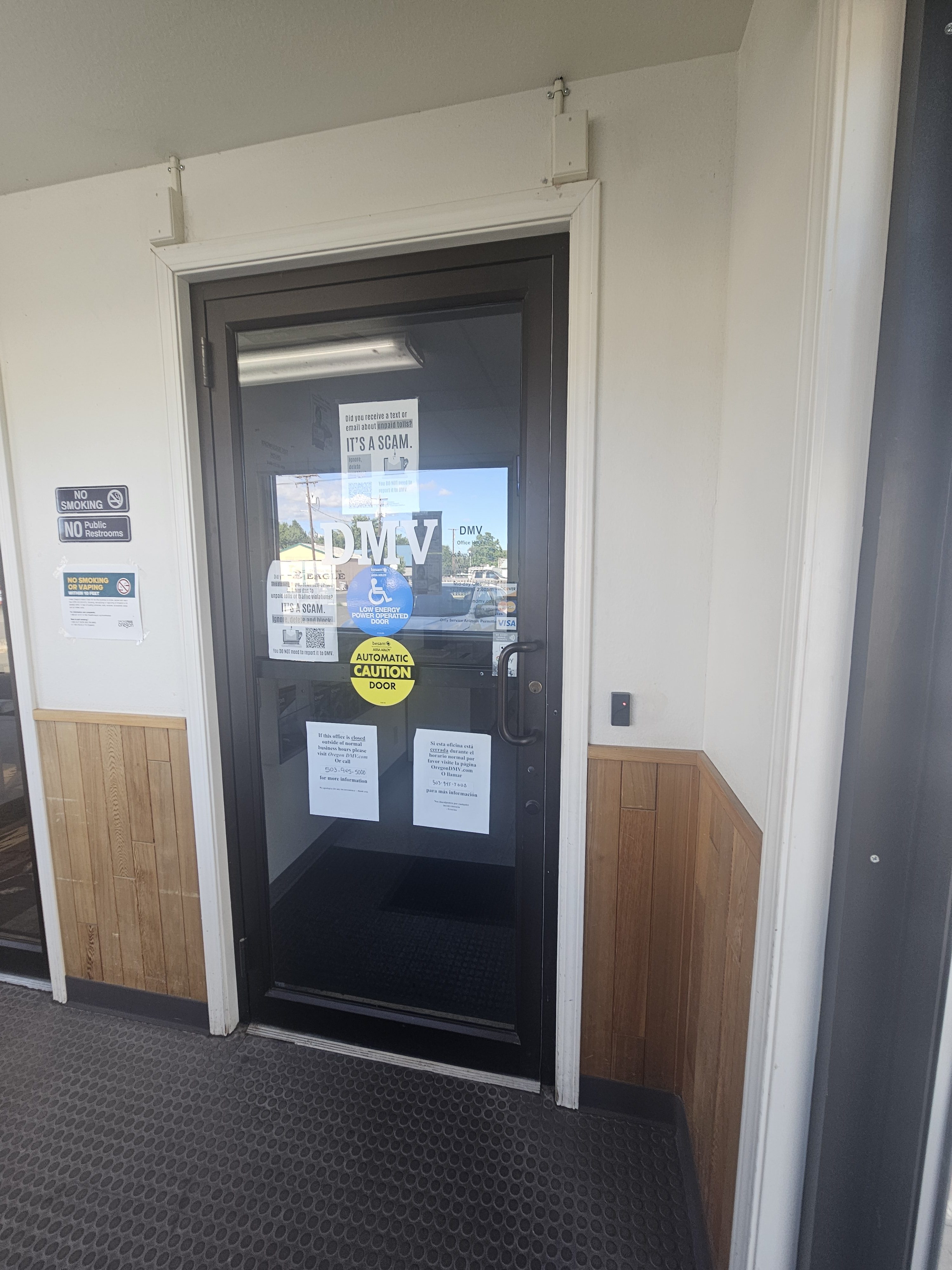Oregon high court changes course on vehicle searches
Published 6:00 am Friday, January 7, 2022

- The Oregon Supreme Court justices pose for a photo. Standing from left, Justice Rebecca A. Duncan, Justice Adrienne Nelson and Justice Christopher L. Garrett. Seated from left, Justice Thomas A. Balmer, Chief Justice Martha L. Walters, Justice Lynn Nakamoto and Justice Meagan A. Flynn.
SALEM — The Oregon Supreme Court has dropped its 35-year blanket exception for motor vehicles in requiring court-issued warrants before police can conduct most searches for criminal evidence.
Trending
The court ruling, which makes it harder for police to search vehicles without a warrant, came on the final business day of 2021. The 51-page opinion, penned by Justice Rebecca Duncan, said the 1986 exception carved out by the court was meant to be temporary.
“Notably, the court did not intend the automobile exception to be permanent,” Duncan wrote. “The exception was based on the length of time it generally took to get warrants, which the court expected would be reduced in the ‘near future’ because of advances in technology.”
The decision still allows police to conduct warrantless searches if there are “exigent circumstances,” defined by the court as those “that require the police to act swiftly to prevent danger to life or serious damage to property, or to forestall a suspect’s escape or the destruction of evidence.”
Trending
The decision was made by six justices plus senior judge Jack Landau, who retired from the court at the end of 2017. Justice Thomas Balmer, a former No. 2 official at the Oregon Department of Justice, did not participate.
The Oregon Constitution bars “unreasonable” searches and seizures, and court warrants for police to conduct them must be based on “probable cause” and specify the place to be searched and the person or thing to be seized. But like its federal counterpart in the Fourth Amendment, the state guarantee has been the subject of numerous interpretations.
The court upheld a 2017 ruling by Judge Lindsay Partridge in Marion County Circuit Court to exclude the seizure by Salem police of evidence from a lawfully parked and unoccupied truck about a mile east of the Marion County Courthouse.
A warrantless search on Nov. 28, 2016, uncovered heroin, a scale and drug paraphernalia — and led to charges of possession and delivery of heroin against Charles Steven McCarthy, who had been the subject of an earlier police investigation.
A detective testified in circuit court that police based the search on the “automobile exception,” which the Oregon Supreme Court decided on a split vote in 1986 was not subject to the usual requirement for warrants under two conditions: “The car was mobile at the time it was stopped by the police, and the police had probable cause to believe that the car contained contraband or crime evidence.”
Two justices, Hans Linde and Berkeley “Bud” Lent, dissented in the 1986 decision written by Justice Robert E. Jones.
The Salem detective said police did not choose to obtain a warrant because they believed the truck was “mobile,” and that it was not the practice of police in Marion County to seek warrants by telephone.
But Partridge wrote: “The state fails to address why one of the officers could not avail themselves of an existing process under Oregon law, make a call on a cellphone to the courthouse, lay out the facts under oath to a judicial officer and have the judicial officer determine if probable cause existed. The answer seems to be that ‘we just don’t do it that way.’”
The judge noted the incident occurred on a Monday afternoon, when the court was conducting normal business.
The Court of Appeals reversed Partridge. It ruled in 2020 the truck was presumed to be mobile and police had probable cause to stop it, regardless of whether there was an “actual exigency” that did not allow time for police to obtain a warrant.
But the Supreme Court decided otherwise last month and dropped its own blanket exception it created for motor vehicles from warrant searches.
Duncan wrote: “We hold that, when the state seeks to justify a warrantless seizure or search of a vehicle based on exigent circumstances, the state must prove that exigent circumstances actually existed at the time of the seizure or search.”
Duncan wrote the justices were aware they were moving away from the court’s 1986 exception. But the court signaled it was doing so already in a 2015 decision.
“The purpose of the exception is to enable officers to respond to the risk that contraband or evidence will be lost because a vehicle can be moved out of the jurisdiction in which a warrant must be sought,” she wrote. “But the scope of the exception exceeds its purpose. “Although it is an exigent circumstances exception, it applies when there are no exigent circumstances. That is, it applies when there is no actual risk that a vehicle will be moved and that contraband or evidence will be lost.”









